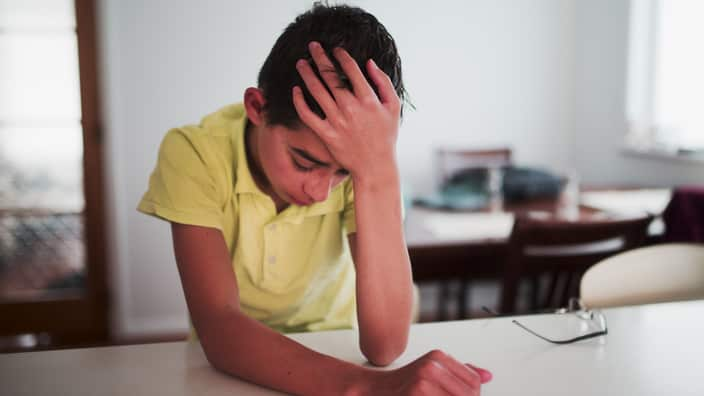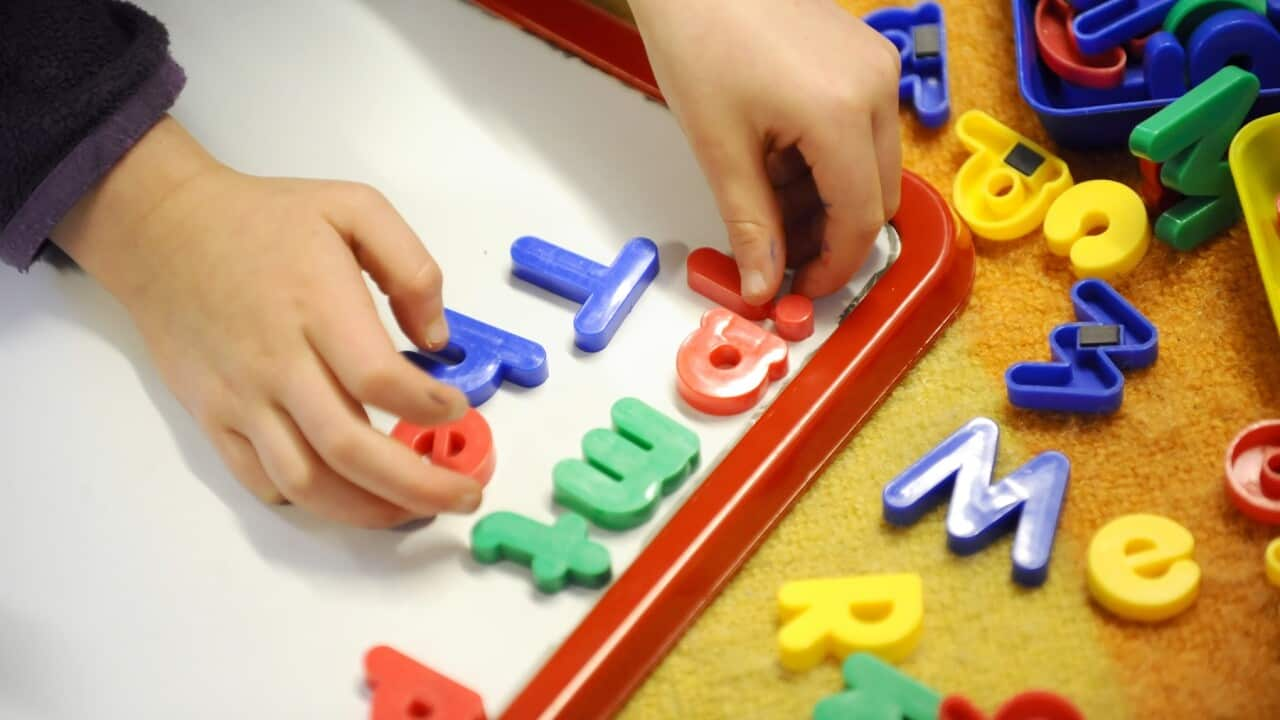Young people between the age of 18-24 are more vulnerable to mental health issues because these are the times when they are experiencing significant changes and transitions in life.
New data has revealed that one of three young Australians are reporting high to very high levels of psychological distress, with figures tripling in the past decade.
Nick Duigan, Headspace Senior Clinical Adviser admits the findings are deeply concerning for Australian youth.
“In 2007, 9% of young Australians are experiencing very high levels of of psychological distress and our recent research has identified that it is now up to 32%. That’s a significant shift,” he says.
The data also reveals that young women have significantly higher rates of psychological distress than young men (38% compared to 26% of young men).
Mr Duigan stresses the fact that there is quite unattainable social construct about what it is to look like a young woman that clearly is impacting the nature of distress as well.
“The rise of social media means also there are lot more pressure posed on young women to present this idealised body image and versions of themselves online,” he says.

Mr Duigan shares some simple, actionable, and practical tips that young people can take to help reduce the likelihood of experiencing stress and increase the likelihood of creating a potentially healthy and thriving life.
1. Build close and connected relationships
When going through difficult times, it is easy to think that you are alone. Spending time with friends and family can help strengthen your mental health and wellbeing.
2. Eat well
There is a strong link between what we eat and how we feel. A poor diet can make you feel sluggish and increase symptoms of anxiety. It is also important to stay hydrated maintain a healthy diet to improve mental health.
3. Get enough sleep
Sleep improves your mood, sharpens your concentration and increases resilience. Reducing things that can disturb restful sleep – like noise or light- will help you improve your sleep.
4. Cut back on alcohol
Reducing alcohol intake will manage your emotions better and improve your wellbeing.
5. Stay active
Regular exercise can help you sleep better, manage stress, and boost your mood. Incorporating some stretching exercises into your workout may help loosen up tight muscles and make you feel more energized.
6. Get into life and do stuff that’s important to you
Keep doing the stuff you love to do and the things that are important to you. It can help keep the fun in your life and give you a sense of accomplishment and purpose.
7. Learn new ways to handle tough times
There are a lot of different strategies that help manage difficult thoughts and feelings. Things like meditation, a digital detox or listening to music are just a few ways that can help you handle challenging times.




